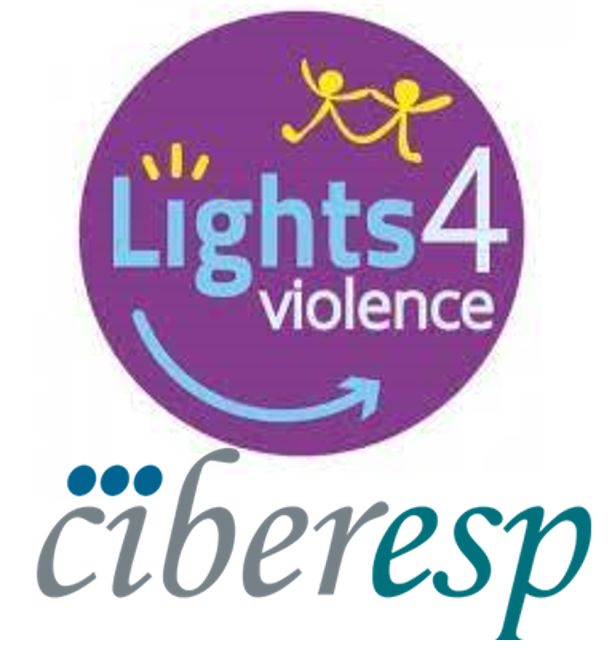Authorship: Vanesa Pérez-Martínez, Belén Sanz-Barbero, Rosario Ferrer-Cascales, NicolaBowes, Alba Ayala, Miriam Sánchez-SanSegundo, Natalia Albaladejo Blázquez, Nicoletta Rosati, Sofia Neves, Cristina Pereira Vieira, Barbara Jankowiak, Katarzyna Waszyńska, Carmen Vives-Cases.
Purpose
To analyze the potential association between social support, experiences of violence, and sociodemographic characteristics of adolescents and the likelihood of acceptance of violence and machismo in different European countries.
Methods
Cross-sectional design. We recruited 1,555 participants ages 13–16 from secondary schools in Alicante (Spain), Rome (Italy), Iasi (Romania), Matosinhos (Portugal), Poznan (Poland), and Cardiff (UK). We used linear regression models to identify how social support from teachers and parents, experiences of violence—dating violence, bullying, cyberbullying, abuse in childhood—and sociodemographic characteristics were associated with violent thinking, specifically: machismo and acceptance of violence. The analysis was stratified by sex.
Results
Acceptance of violence was higher for those who had lower perceived social support from parents (βgirls = −154, p
Conclusions
Machismo and acceptance of violence are widely present amongst adolescents in different European countries. Our results suggest the importance of providing educational/psycho-educational interventions with boys and girls to prevent these attitudes and, in turn, prevent interpersonal violence, including bullying and dating violence.
